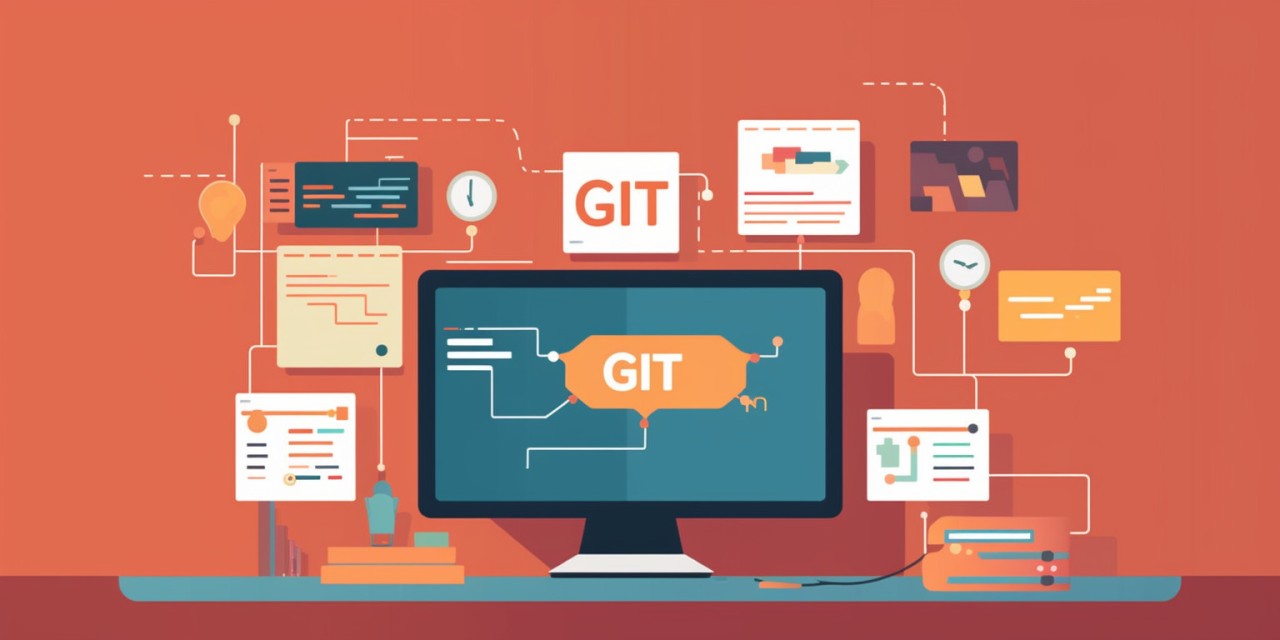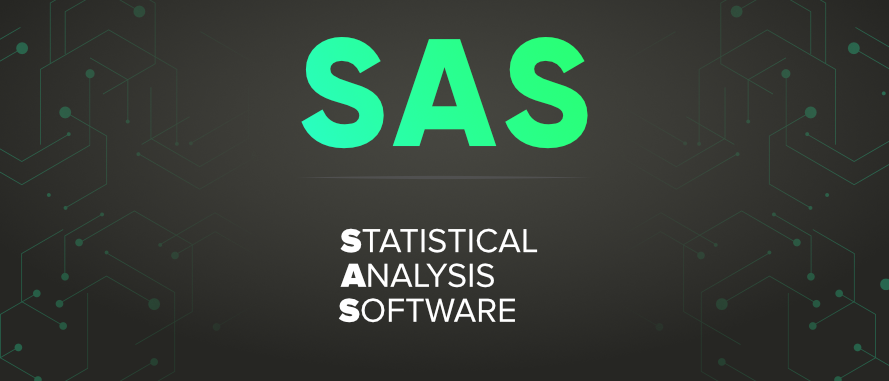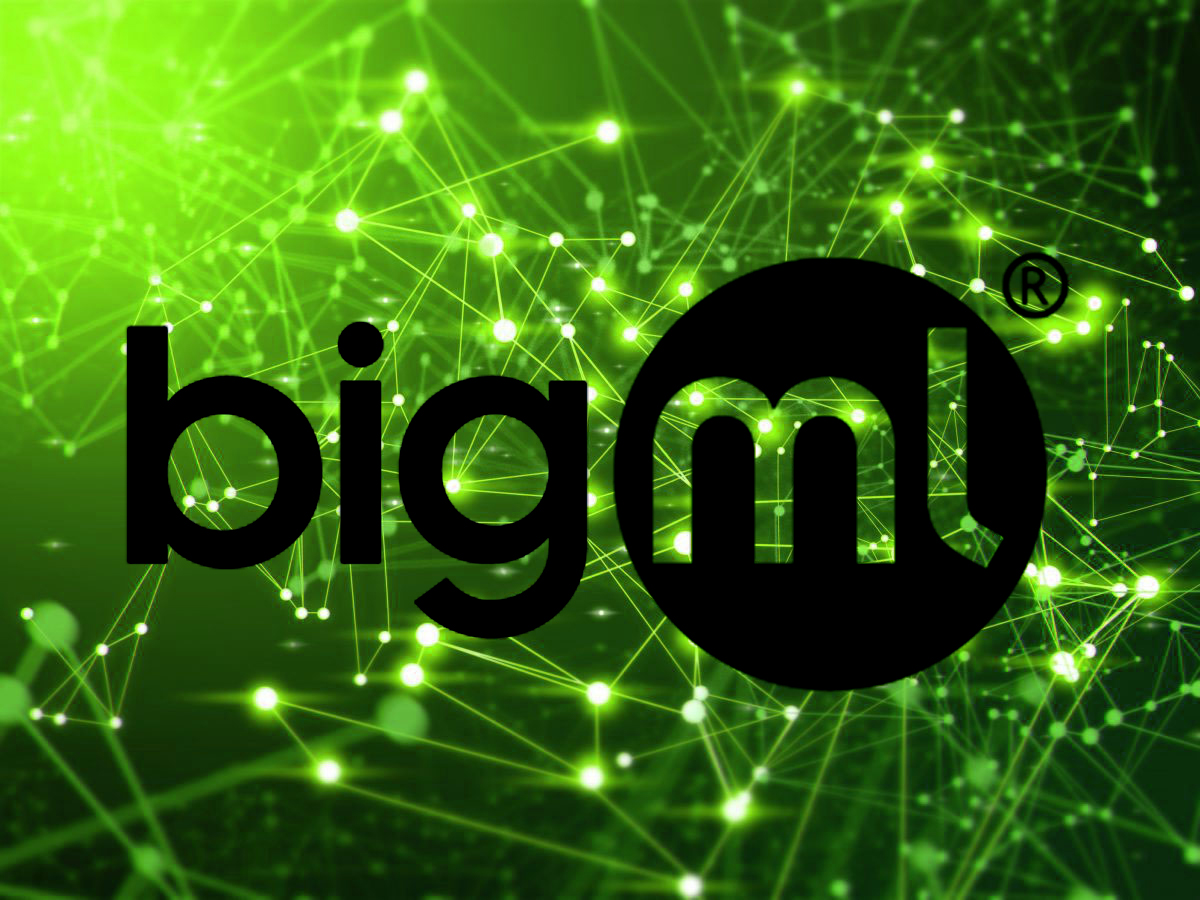Description
Introduction of Git Techniques for Data Science :
In data science projects, managing complex codebases, large datasets, and collaborative efforts requires a deep understanding of Git’s advanced features. This course delves into advanced Git techniques tailored for data science projects, focusing on optimizing version control, streamlining collaboration, and handling complex workflows. Participants will gain expertise in managing branches, resolving conflicts, automating processes, and integrating Git with data science tools and practices. By the end of the course, participants will be equipped with advanced Git skills to tackle the unique challenges of data science projects and enhance their productivity.
Prerequisites:
- Completion of Git Fundamentals for Data Science: Version Control Essentials or equivalent experience with Git.
- Basic knowledge of data science concepts and practices.
- Familiarity with data analysis tools and programming languages (e.g., Python, R).
- Experience with basic Git commands and workflows.
Table of Content:
1. Introduction to Advanced Git Techniques
1.1 Overview of advanced Git features and their benefits
1.2 Key challenges in data science projects that advanced Git techniques address
1.3 Goals and objectives of the course
1.4 Recap of foundational Git concepts and workflows
2. Advanced Branching and Merging Strategies
2.1 Creating and managing complex branch structures
2.2 Advanced merging techniques: recursive merges, octopus merges
2.3 Handling and resolving merge conflicts efficiently
2.4 Using Git rebase for cleaner commit history and streamlined merges
3. Tagging and Versioning
3.1 Creating and managing Git tags for releases and milestones
3.2 Understanding and applying semantic versioning
3.3 Using annotated tags for enhanced documentation
3.4 Managing versions of data and models with Git
4. Optimizing Repository Performance
4.1 Strategies for improving repository performance and handling large files
4.2 Using Git Large File Storage (LFS) effectively
4.3 Pruning and cleaning up repositories: git gc, git prune
4.4 Managing repository size and performance considerations
5. Automating Git Workflows
5.1 Setting up and using Git hooks for automation
5.2 Integrating Git with Continuous Integration (CI) tools
5.3 Automating code quality checks, testing, and deployments
5.4 Using GitHub Actions and other automation tools for data science workflows
6. Advanced Conflict Resolution
6.1 Techniques for diagnosing and resolving complex conflicts
6.2 Using Git’s conflict resolution tools and strategies
6.3 Strategies for avoiding and mitigating merge conflicts
6.4 Handling conflicts in large datasets and complex codebases
7. Managing and Collaborating on Large-Scale Data Science Projects
7.1 Best practices for managing large-scale projects with Git
7.2 Handling collaborative workflows with multiple contributors
7.3 Using Git for coordinating and synchronizing project changes
7.4 Strategies for effective communication and collaboration
8. Integrating Git with Data Science Tools
8.1 Advanced integration of Git with data science tools: Jupyter Notebooks, RStudio
8.2 Managing notebooks and scripts with advanced Git features
8.3 Integrating Git with data processing and visualization tools
8.4 Handling version control of data analysis workflows and results
9. Case Studies and Real-World Applications
9.1 Reviewing case studies of advanced Git techniques in data science projects
9.2 Analyzing challenges and solutions in real-world applications
9.3 Lessons learned from industry experts and best practices
9.4 Exploring innovative uses of advanced Git techniques
10. Final Project: Implementing Advanced Git Techniques
10.1 Setting up a Git repository for a complex data science project
10.2 Applying advanced branching, merging, and versioning techniques
10.3 Automating workflows and managing large-scale collaborations
10.4 Presenting and evaluating project outcomes and Git practices
11. Conclusion and Next Steps
11.1 Recap of key advanced Git techniques and their applications
11.2 Additional resources for continued learning and certification
11.3 Career development opportunities with advanced Git skills
11.4 Staying updated with Git features and best practices for data science
To conclude; this course offers an in-depth exploration of advanced Git techniques tailored for data science projects. By addressing common challenges and providing practical applications, participants will enhance their Git proficiency and collaboration skills, preparing them for complex data science workflows. The final project reinforces these concepts through hands-on experience, equipping participants with the tools needed for success in their data science careers.
If you are looking for customized info, Please contact us here







Reviews
There are no reviews yet.